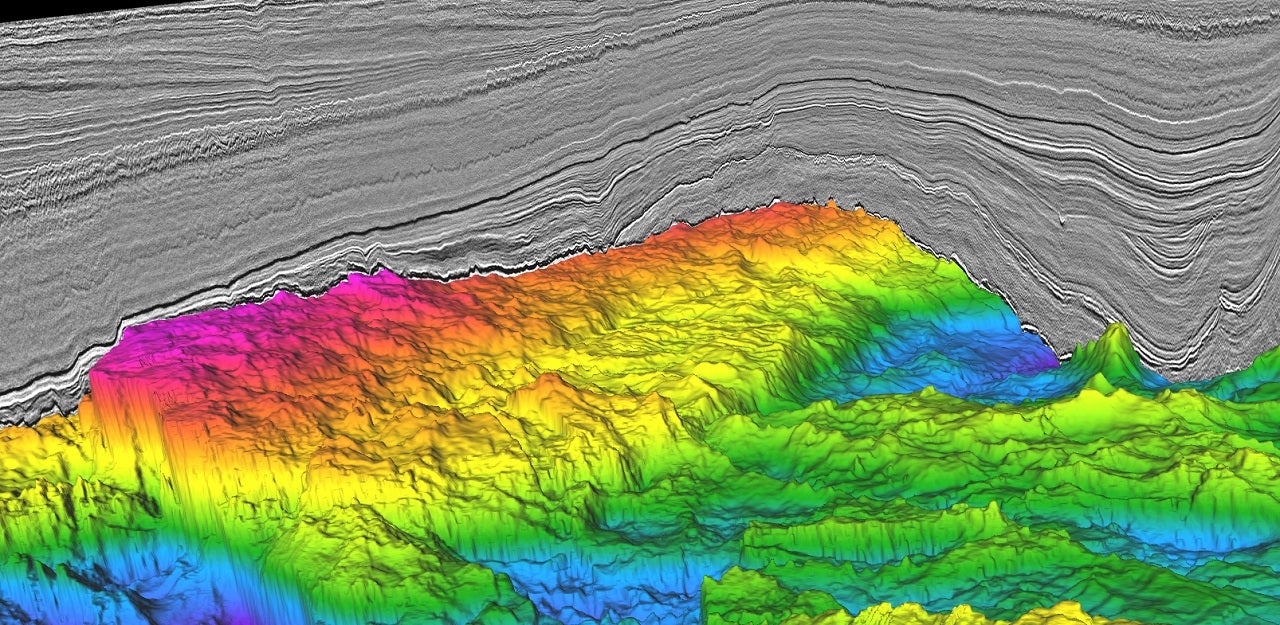
French seismic player CGG has started a new seismic data reimaging programme in the Walker Ridge area in the Gulf of Mexico.
The latest programme is part of a major reimaging campaign being conducted in the Gulf of Mexico.

Discover B2B Marketing That Performs
Combine business intelligence and editorial excellence to reach engaged professionals across 36 leading media platforms.
CGG said that the Walker Ridge programme covers approximately 300 outer continental shelf blocks.
Given the proven production in Walker Ridge, the new programme has received extensive industry pre-funding from oil and gas exploring clients within the basin.
The seismic player’s Walker Ridge Wide-Azimuth and StagSeis DEUX surveys will provide input for the current reimaging programme.
According to CGG, the reprocessed data will deliver high-quality imaging throughout the programme.

US Tariffs are shifting - will you react or anticipate?
Don’t let policy changes catch you off guard. Stay proactive with real-time data and expert analysis.
By GlobalDataTwo priority discovery areas will be processed on an ‘accelerated schedule’, said CGG.
CGG CEO Sophie Zurquiyah said: “Production in the Walker Ridge area has been consistent and continues to grow with recent discoveries. As the industry leader in seismic data processing, we are continually developing new technology and techniques that we can apply to existing data to provide our clients with the best, most technically advanced images of the subsurface.
“Advances in technology and the results from this project will allow for more efficient decision-making in finding and producing oil and gas.”
CGG noted that the final products are expected in February 2021 and May 2021 respectively. The full programme results are due at the end of next year.
In February, Total renewed its contract with CGG to continue the operation of the Dedicated Processing Center (DPC) in Pau, France.





